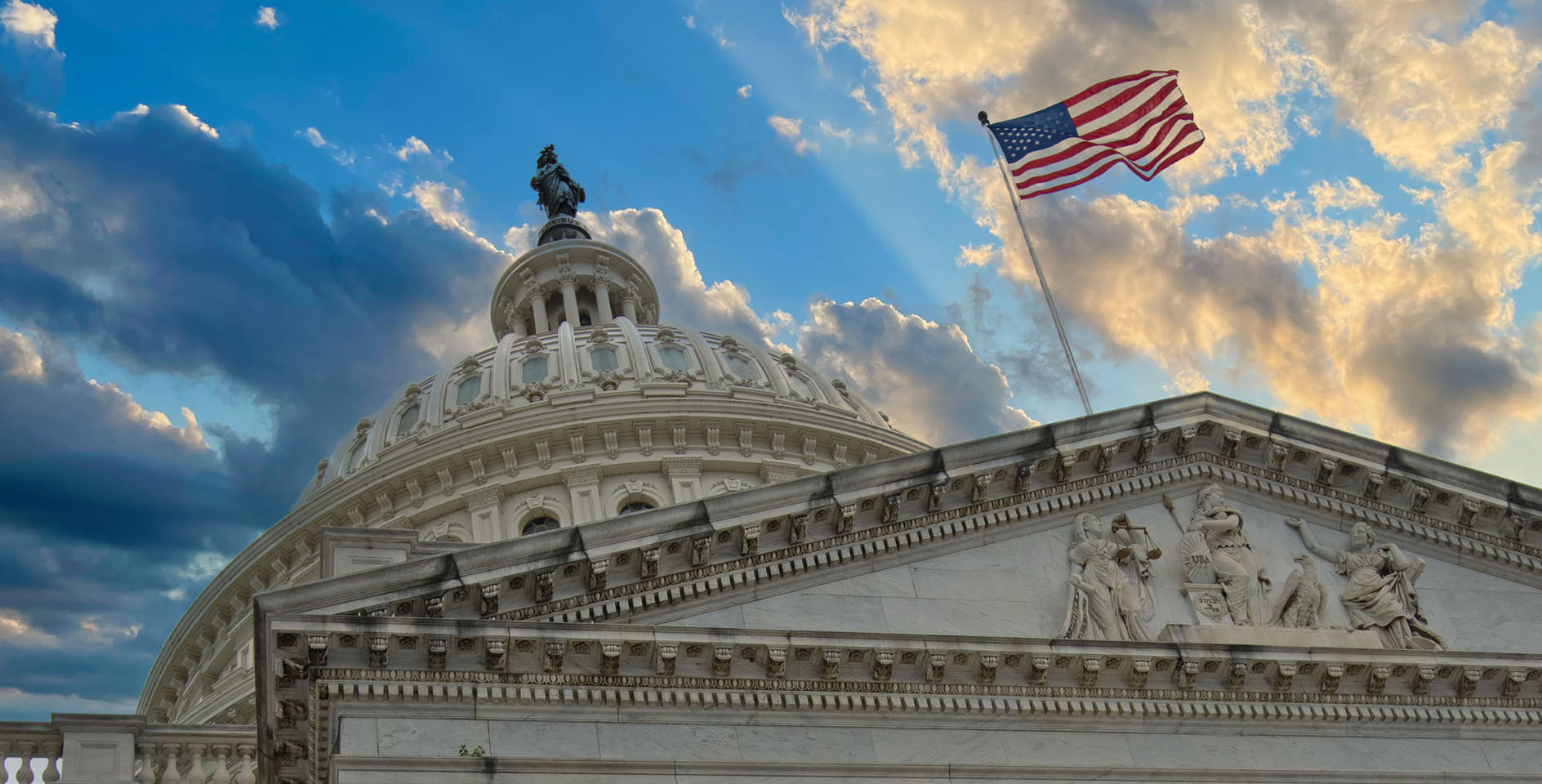One of my favorite quotes belongs to the famed, and now deceased historical theologian, Jaroslav Pelikan. It is believed that on his deathbed, he concluded his life by uttering these words:
“If Christ is risen, nothing else matters. And if Christ is not risen—nothing else matters.”
Pelikan’s last words viscerally capture what is at stake when wagering Christ’s bodily resurrection: Everything. Everything hinges on whether this central claim of Christianity is indeed true. If the resurrection isn’t true, it won’t require Christianity’s cultured despisers to point out our foolishness and pitifulness, for the Apostle Paul admits as much himself (1 Cor. 15:14). For Paul, the resurrection is both the culminating foundation and capstone for the entirety of what God is doing in Christ (Rom. 1:4).
The resurrection is the decisive turning point of history. This means that everything and everyone must reckon with—whether for or against—the resurrection. All empires and global powers have to react to the claim that Jesus rose from the dead; for Jesus’ resurrection and ascension signals that political powers aren’t actually all powerful. According to Anglican ethicist Oliver O’Donovan: “Secular authorities have been in serious trouble since Jesus rose from the dead; his rising marks their end both in the sense of their termination and in the sense of the revealing of the authentic goal and mediated authority; the most pressing danger for the church is not that of illegitimately appropriating to itself such secular power but rather of affording to such secular power a legitimacy and significance that it no longer possesses.”
For those in Christ, the resurrection re-orders everything about or existence. It means that we give Christ the highest standing possible, not a legislature, king or court. By re-ordering, I mean that Easter and its promises of participating in Christ’s resurrection reframe how we see the world and the world’s narrative—that’s what politics is all about. Politics isn’t just about voting (though that matters!). Politics concerns the task of ordering our lives according to central truths. Seen in this light, everyone has a politics.
As a Christian, the resurrection bestows upon us a new identity packed with new priorities. That means it gives us a new politics. If you’re a Christian, the most important thing about you isn’t whether an elephant or a donkey symbolizes your politics; but whether the reality of a bloody cross and the promise of a crown is what shape your approach to politics; about whether the central truth of Christianity is the central truth through which you see the world. The reality of Easter is about the dawning of a new type of politics—not the politics of this world that is caught up in endless cable news disputes, but a politics of the kingdom of God.
The resurrection is the ground for a new political hope
First Peter 1:13 declares, “Therefore, preparing your minds for action, and being sober-minded, set your hope fully on the grace that will be brought to you at the revelation of Jesus Christ.” According to Peter, the resurrection is the confirmation that our hope is not in vain. Hope is how the Christian measures time. In an age where endless philosophies, religions and self-help gurus treat hope as a coping mechanism, Christianity treats hope as a central feature. A Christian hope grounded in the resurrection means that political escalations, cancer wards and divorced marriages don’t get the final say. Christian hope is global, because it is the hope that all nations are truly longing for (Matt. 12:21). No political economy will absolve the world of its misfortunes; only Christ can bring peace with his perfect justice (Heb. 10:13).
The resurrection is the ground for a new political mission
As Christians, the resurrection brings together a transnational body of believers. Our message has no borders. Our message is one of coming judgment, but also of the availability of reconciliation (2 Cor. 5:20). This means that the Great Commission is an act of subversion, for it calls people to subject their fallen political identities to a higher identity and to transfer one’s identity to the kingdom of God’s beloved Son (Matt. 28:16-20; Col. 1:13)
The resurrection is the ground for a new political means
Christians are called to be active citizens and patriots. Nowhere does the Bible tell us to do away with or dispense of our love for our homeland. At the same time, Christians don’t conduct themselves in line with the patterns of this world (Rom. 12:1-2). Rather, being transformed, we conduct ourselves as Christ’s ambassadors through love and persuasion, not by coercion or the sword, which God has bestowed to the state (Rom. 13:1-7). We are citizens of a heavenly kingdom whose currency is the fruit of the spirit (Gal. 5:22-23).
The resurrection is the ground for a new political declaration
While an adorned cliché and usually an exercise in over-zealous piety, the buttons, stickers or social media memes that say “Jesus for President” actually testify to the central political claim of Christianity: Jesus is King (1 Tim. 6:15). The announcement that Jesus is the true, sovereign King is seen as a threat in Holy Scripture (Acts 2:36; 4:12; 17:6). To say that Jesus is the true king is to make all other earthly claims to power subject to Christ.
There are countless other reasons for which the resurrection brings about a new type of politics, but this Easter Sunday, dwell on the central truth that God raised Jesus from the dead, and that no matter what, regardless of political tumult, the call of Christ is the call to be centered and fixated on his lordship over every area of our lives.










